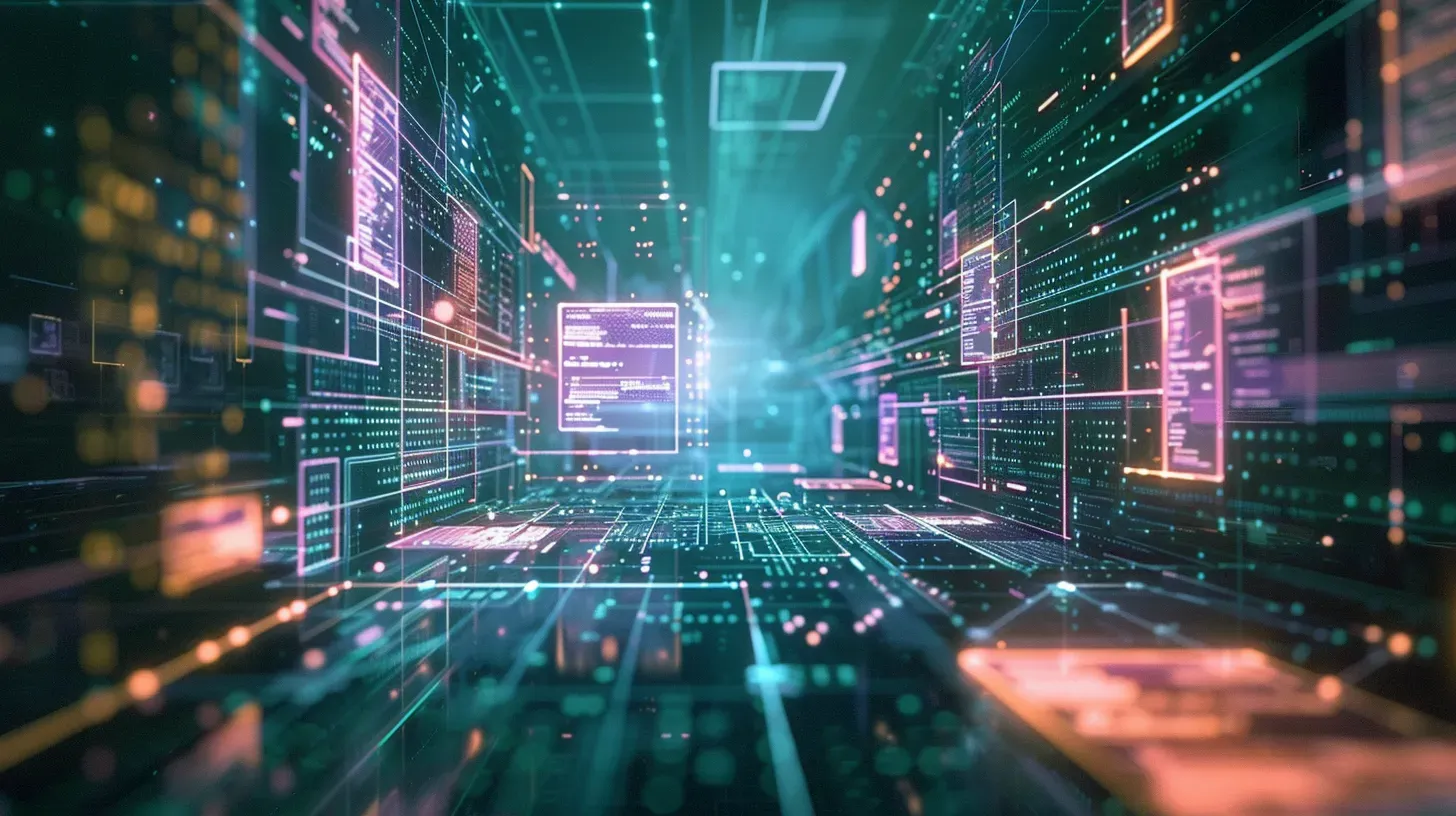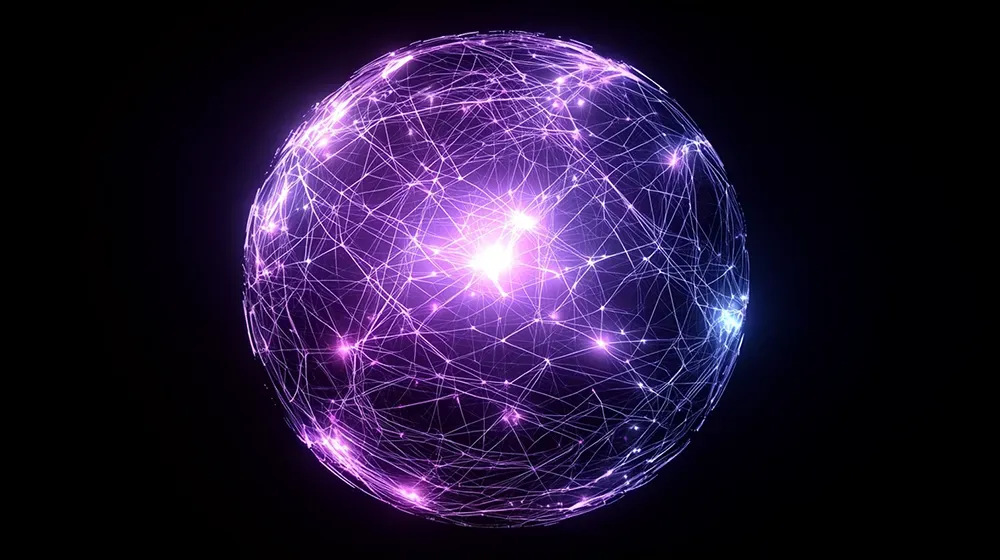Tokenized Assets: The $10 Trillion Revolution in Finance

In 2025, tokenizing real-world assets (RWAs) will transform finance by integrating tangible, verifiable assets into the digital economy through blockchain technology.
By enabling fractional ownership and seamless transferability, tokenization democratizes access to traditionally illiquid assets like (commercial) real estate, fine art, cars, bonds, and carbon credits. Industry giants such as BlackRock, with its $10 trillion under management, are betting big on this shift, heralding it as the future of finance.
This article focuses on one of the ten technology trends for 2025.
Read the full trends reportThe Rise of Tokenized RWAs
Blockchain’s ability to fractionalize assets has driven a push for RWA adoption, supported by advances in compliance-friendly blockchain systems and regulatory clarity in regions like the EU and Singapore. Singapore’s regulatory clarity has set a benchmark, emphasizing a balance between innovation and investor protection, while countries without clear policies risk stifling adoption or enabling fraud.
Institutions will embrace tokenization to unlock liquidity, reduce transaction costs, and enhance transparency. Moving beyond speculative NFTs, dynamic NFTs, with their ability to update in real-time based on factors like usage, maintenance, or market conditions, serve as the ideal digital representation for tokenized RWAs, bridging the gap between static ownership and evolving asset realities.
Tokenized assets offer significant benefits over the current system: they improve efficiency, enable instantaneous transactions, and democratize wealth-building opportunities. Platforms like Fermion and Boson Protocol are at the forefront, driving innovation in this space.
The Computable Economy

Tokenization breathes liquidity into illiquid assets, unlocking trillions of dollars in economic potential by making assets tradable in real-time without traditional intermediaries and creating a computable economy. The computable economy represents the next frontier in economic evolution.
This emerging paradigm shifts traditional economic interactions from opaque and intermediary-driven systems to transparent, automated, and trustless ecosystems. At its core, the computable economy transforms physical and digital assets into tokenized entities that can be managed, traded, and leveraged with precision, either by humans or AI.
By embedding assets into decentralized systems, it unlocks new levels of efficiency, inclusivity, and scalability, enabling complex interactions that were previously constrained by inefficiencies in traditional markets. This new model is more than a technological upgrade. It is an opportunity to rethink the very structure of economies, introducing systems that align better with the needs of an interconnected, digital-first world.
From enabling fractional ownership of ultra-luxury goods to creating decentralized mechanisms for global collaboration, the computable economy redefines how we create, exchange, and manage value. It is a radical reimagining of what is possible when economic processes become computable, verifiable, and universally accessible.
For example, a commercial building tokenized on a blockchain can be sold fractionally, enabling individuals to buy a stake in high-value properties without navigating complex legal and financial frameworks. For an investor this means that a $1 billion building can be sold in 1 million pieces instead of one large chunk, making it far easier to sell the building.
Agentic Commerce

Building on this foundation of tokenization, the advent of autonomous digital commerce marks the next evolution in blockchain-powered systems. With AI agents now able to execute cryptocurrency transactions independently, a new layer of financial interactivity emerges.
These AI-driven transactions leverage blockchain for trust and transparency, enabling autonomous agents to negotiate contracts, manage payments, and execute trades seamlessly. For example, an AI agent managing a renewable energy marketplace could dynamically allocate resources, settle payments, and even trade carbon credits, all without human intervention.
This expansion redefines the very nature of commerce, transitioning from human-led decisions to autonomous, blockchain-fueled ecosystems. These developments mark a significant evolution in global finance, where blockchain technology reduces transaction costs, enhances transparency, and accelerates settlement times.
The Rise of the Post Web
With blockchain ensuring trust for real-world and digital assets, it also lays the foundation for the internet’s next evolution. As the internet continues to evolve, this principle of verifiable trust will play a foundational role in what Outlier Ventures, a Web3 Accelerator, has termed the Post Web: an internet not driven by centralized platforms but by decentralized systems that empower individuals.
Blockchain, alongside AI and decentralized networks, will enable a thinner, smarter web focused on user intentions and trust-driven interactions. It is a vision where the internet evolves from a tool of exploitation to a platform of purpose
Imagine a world where AI agents work on your behalf, seamlessly delivering exactly what you need when you need it. This isn’t just a smarter internet; it is a thinner one, focused on meaningful connections rather than endless doomscrolling. As we move into this new paradigm, the Post Web could reshape industries, challenge traditional power structures, and give us the tools to solve global challenges faster and more collaboratively than ever before.
Redefining Finance Through Tokenization

As the technology improves in 2025, the tokenization of the real world will redefine finance by unlocking new opportunities for businesses, governments, and individuals. For businesses, tokenization allows the fractionalization of traditionally illiquid assets, enabling improved liquidity and broader investment access.
Governments must develop adaptive frameworks to regulate tokenized assets without stifling innovation, and individuals can use platforms offering tokenized RWAs to diversify their portfolios.
Early adopters leveraging compliance-friendly platforms will gain a competitive edge, while dynamic NFTs will enhance transparency and trust. By embracing tokenization responsibly, stakeholders can create a transparent, efficient, and inclusive financial future.
In 2025, tokenized RWAs will take off, unlocking trillions of USD in value. By embracing tokenization responsibly, stakeholders across the financial ecosystem can create a transparent, efficient, and inclusive financial future. Will tokenization fulfill its potential to revolutionize finance, or will its risks undermine this new frontier?





